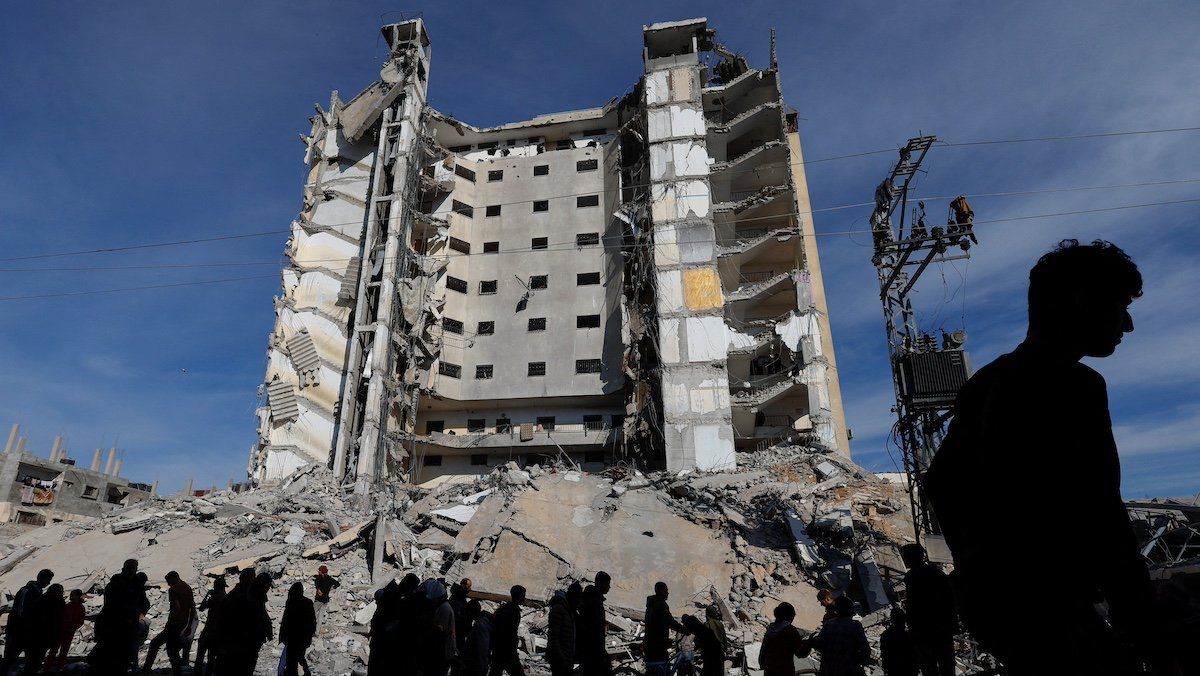Gazans are anticipating an Israeli ground invasion of Rafah now that the March 10 deadline has arrived, despite warnings — albeit mixed ones — from the US president against the attack.
On Saturday, Joe Bidensaid Israel would cross a “red line” if it went through with its planned ground invasion without a plan to evacuate the 1.5 million people sheltering in Rafah. Then, almost in the same breath, Biden said “there’s no red line” that would lead him “to cut off all weapons” to Israel and endanger its safety. Israeli Prime Minister Benjamin Netanyahu, for his part, says he will press forward with the planned attack.
Biden had expressed optimism that a truce could be reached by this point, including hostage releases that would meet Israeli conditions and head off an attack on Gaza. Leaked diplomatic cables last week indicated the US government believes an invasion would lead to “catastrophic humanitarian consequences.”
Even if the invasion is briefly delayed, Gazans are starving as Israel permits only a trickle of aid to enter by truck, and airdrops of food have done very little to relieve the suffering. The European Union has prepared to dispatch a ship with humanitarian aid from Cyprus, and the US says it will construct a temporary pier that can be used to bring in aid by water. However, it could take two months to come online — and even then would struggle to match what trucks entering from Israel could provide.